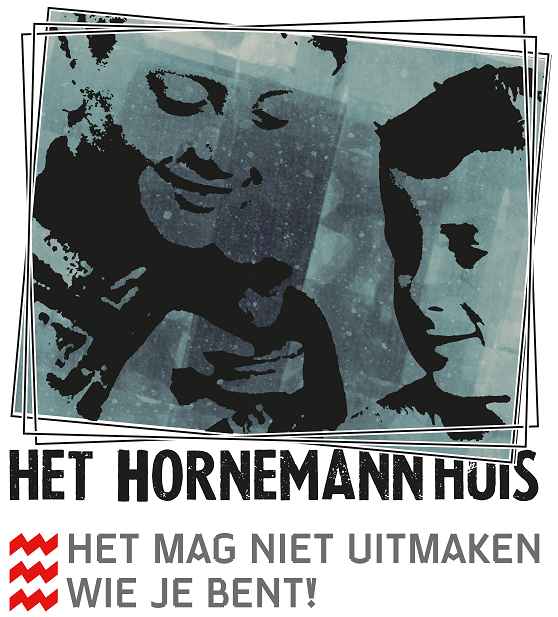Short version of Edo and Lexje
The Hornemann family, an ordinary family living at 29 Staringstraat in Eindhoven; father Flip who works for Philips, mother Bets and their two sons Eduard and Alexander. Just an ordinary Eindhoven family like so many others, the only difference being that they were Jews. Until the outbreak of the World War II, apparently nothing was wrong. But soon there were rumors that the atmosphere for the Jews in Germany was becoming more grim, they were no longer allowed to go to the cinema, they could not go to parks and they had to sit in back of the bus. The rumors became more and more vehement and the atmosphere in the Netherlands also changed quickly. In 1942 everyone of Jewish descent had to wear a yellow star. That was also the case with the Hornemann family. Shortly afterwards they were kicked out of their house, as a member of the NSB had to go and live there.
Shortly afterwards Flip was deported to camp Vught and after much deliberation Bets also went to camp Vught with Edo and Lexje. After nine months in camp Vught, where they saw Flip only once, they were deported to Auschwitz via camp Westerbork. Mother Bets died of typhoid fever and father Flip was deported at -10 degrees and he also died, due to the cold and malnutrition. So there they stood, Edo and Lexje, all alone in Auschwitz. They were promised a better place to stay, a barrack where it was warm, the food was a bit better and they were even allowed to leave Auschwitz. They were allowed to go to the Neuengamme concentration camp near Hamburg.
Together with eighteen other children Edo and Lexje were set apart in a barrack. In this barrack horrible medical tests were performed on the children. The children were getting sicker and sicker by the day. Eindhoven had already been liberated for half a year and was celebrating. On Aril 20, 1945, on the eve of the liberation, Hitler gave the order to erase all traces of these atrocities. In a truck Edo and Lexje and the other eightteen children were taken to an abandoned school in Hamburg. In the school am Bullenhuser-dam these twenty children were killed by hanging and later burned on a pyre.
This is a very short version of the gruesome murder of Edo and Lexje and their eighteen fellow victims.
ANBI
The Hornemann Huis is registered at the tax authorities and recognized as a cultural ANBI under the name Stichting Het Hornemann Huis (The Hornemann House Foundation).
The new Geefwet (Giving Act) came into effect on March 1, 2021, making it fiscally very interesting for both individuals and companies to financially support cultural institutions, such as Het Hornemann Huis. This can be done by means of one-off (ordinary) donations or periodic donations. On the website of the Belastingdienst (Tax Authorities) you will find a very clear explanation about this under the keyword GEEFWET.
